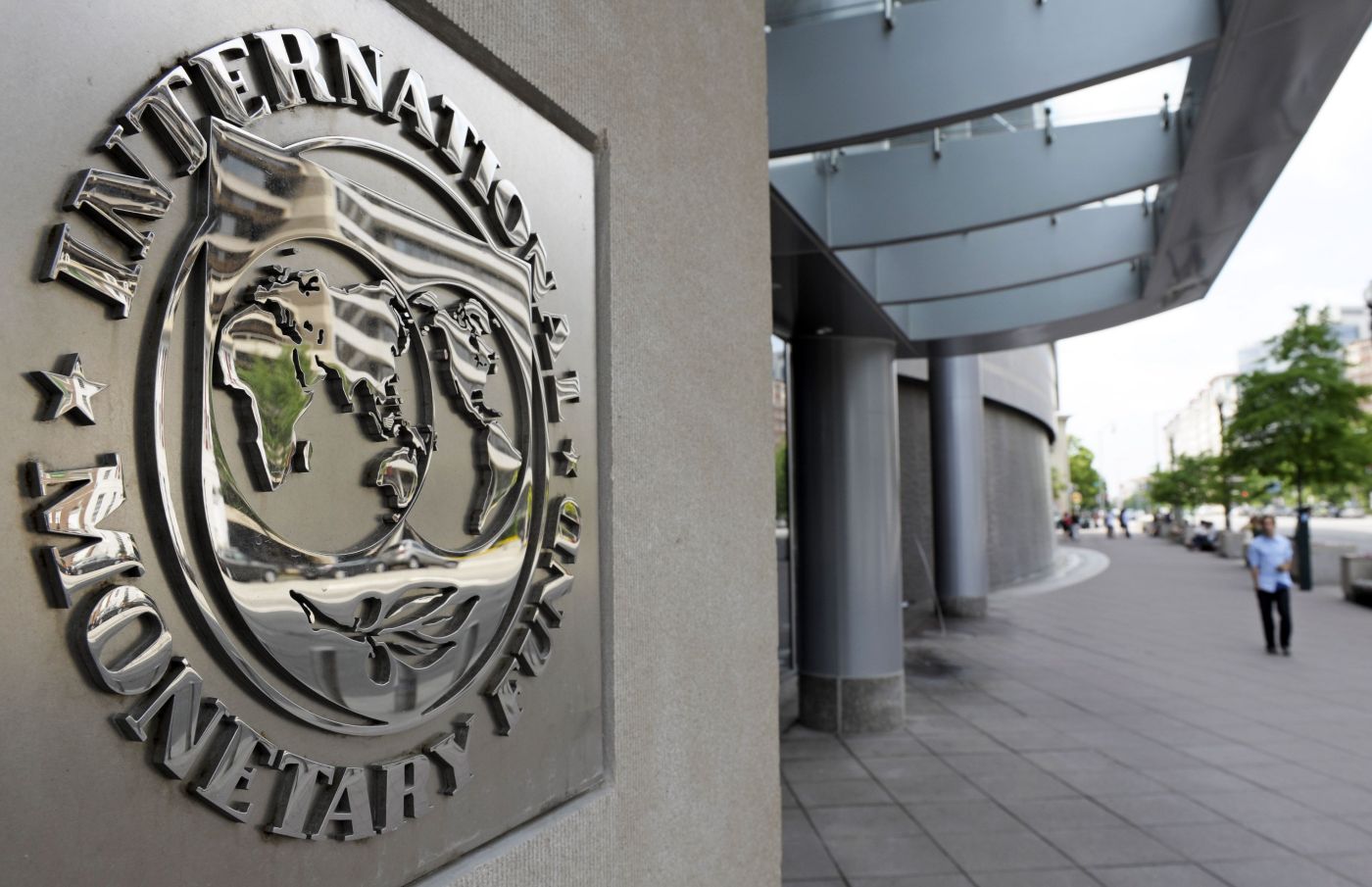
The ManicaPost

Kudzanai Gerede Business Correspondent
The International Monetary Fund (IMF) has raised the red flag on the rapid increase in lending to governments by domestic banks in sub-Saharan Africa as this is creating unsustainable arrears to the state while disturbing financial sector stability as evidenced by deteriorating banks liquidity and solvency indicators.
According to the latest IMF Regional Economic Outlook sub-Saharan Africa 2017 report, public debt in sub-Saharan Africa rose from about 34 percent of GDP in 2013 to 48 percent in 2016 and is expected to exceed 50 percent in 2017, a feat that has seriously strained the financial sector.
It further illustrates the impacts of liquidity stress arising from increased public lending as posing serious rollover risks with most Central Banks facilitating purchases of government securities — this has manifested into an indirect monetisation of fiscal deficits. In the case of Zimbabwe, local banks have been financing Government fiscal deficits of an average of around half a billion dollars annually. This is crowding out private sector lending.
Credit growth to the private sector decreased from 18,6 percent on average in 2011-13 to 11,2 percent in 2014-16 in the region.
“Bank financing of the government provides fiscal breathing space but may fuel inflation if supported by central bank refinancing, expose the banking sector to liquidity stress and crowd out credit to the private sector, further weakening the economy and worsening fiscal imbalances,” read the report.
In the past two years alone, Zimbabwe government has issued over US$ 2 billion to cater for its expenditures and retire debts owed to local banks assumed by its various loss making state enterprise and parastatals.
Last year the country’s largest financial services group by deposits and assets CBZ revealed in its end of year results for the prior year, it had been exposed to government TBs from US$ 471 million the previous year to US$ 760 million.
“Treasury bills are one of the safest investment instruments for companies world over as they come with almost certainty for future returns given high levels of non-performing loans from private sector in the current economic slowdown, but in Zimbabwe it has become problematic with spillover effects of this exhausting liquidity on the market at the same time depriving private sector much needed capital injection,” financial analyst Ranga Mkwata recently told journalists at a financial markets refresher course in Harare.
The reports show that the economic slowdown in 2016 has also affected the financial services as appetite for borrowing decreased while for foreign exchange market pressures have exacerbated countries with dollarised bank balances like Zimbabwe.
Zimbabwe’s banking sector showed a 42,36 percent increase in profitability in 2016, with an aggregate net profit of US$ 181,06 million from US$127,47 million recorded in prior year.
Analysts have, however, noted that although some major banks in the country have recorded profitability, this mainly reflects large holdings of government securities, a situation compromising bank liquidity resilience in the short to medium term.



